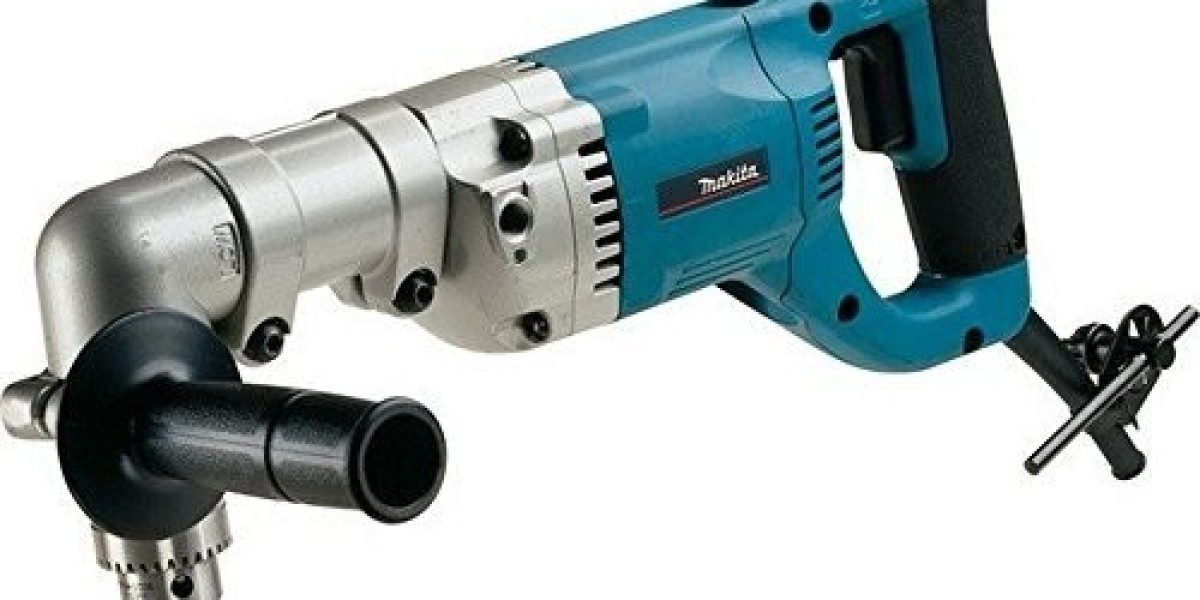Starting an LLC in Texas involves more than just filing paperwork with the state. To operate legally, your business must comply with various federal, state, and local licensing requirements. Understanding the necessary licenses and permits ensures your business remains compliant and avoids legal issues. Whether you're just forming your company or ensuring continued compliance, staying updated on the latest Texas LLC filing rules and regulations is crucial. In this guide, we’ll break down the essential licenses and permits your LLC may need in 2025.
Understanding Business Licenses and Permits
1. What Are Business Licenses and Permits?
Business licenses and permits are official approvals granted by government agencies that allow an LLC to conduct business legally. These may include general business licenses, industry-specific permits, and location-based approvals.
2. Why Are Licenses and Permits Necessary?
Operating without the required licenses can lead to fines, penalties, or even business closure. These licenses help ensure that businesses adhere to safety, health, zoning, and industry regulations.
Types of LLC Licenses and Permits
1. General Business License
Most businesses need a general business license from their local city or county. This license authorizes your LLC to operate within a particular jurisdiction. Texas does not have a state-wide business license, so check with your local city government.
2. Federal Licenses and Permits
Certain industries require federal licensing, including:
Alcohol and tobacco businesses (Alcohol and Tobacco Tax and Trade Bureau - TTB)
Aviation (Federal Aviation Administration - FAA)
Agriculture (U.S. Department of Agriculture - USDA)
Broadcasting (Federal Communications Commission - FCC)
Transportation and logistics (U.S. Department of Transportation - DOT)
3. State-Specific Licenses
Texas requires various state-level licenses, depending on the industry. Some common ones include:
Health and safety permits for food businesses
Professional licenses for industries such as law, medicine, real estate, and accounting
Environmental permits for waste management and hazardous materials
4. Sales Tax Permit
If your LLC sells goods or taxable services, you must obtain a Sales Tax Permit from the Texas Comptroller’s Office. This permit allows your business to collect sales tax from customers and remit it to the state.
5. Employer Identification Number (EIN)
Although not a license, an EIN is necessary if your LLC has employees or multiple members. You can obtain one for free from the IRS website.
Industry-Specific Licenses and Permits
Different industries have unique licensing requirements. Below are some examples:
1. Restaurants and Food Businesses
Health Department Permit
Food Handler’s Permit
Liquor License (if serving alcohol)
2. Construction and Contracting
Contractor’s License
Building Permits
Zoning Permits
3. Retail Businesses
Resale Permit
Certificate of Occupancy
Sign Permit (for storefront signage)
4. Home-Based Businesses
Home Occupation Permit
Zoning Clearance
Health and Safety Permits (if applicable)
How to Obtain the Necessary Licenses and Permits
1. Research Requirements
Start by determining which licenses and permits apply to your business based on industry and location. The Texas Economic Development Division and local city offices can provide guidance.
2. Submit Applications
Once you identify the required licenses, submit the necessary applications through the relevant government agencies. Some applications may require supporting documents, such as business plans, financial statements, or background checks.
3. Pay Fees
Most licenses and permits require application fees, renewal fees, or periodic compliance costs. Make sure to budget accordingly.
4. Stay Compliant
Many permits and licenses require annual or periodic renewal. Monitor renewal deadlines and compliance obligations to prevent penalties.
Common Mistakes to Avoid
Not researching required permits – Operating without the necessary licenses can result in legal issues.
Failing to renew licenses – Many businesses overlook license renewals, leading to fines or business shutdowns.
Applying for the wrong permits – Ensure you're obtaining the correct licenses based on your industry and business type.
Ignoring local requirements – Some Texas cities have additional licensing requirements beyond state and federal mandates.
Conclusion
Ensuring that your LLC obtains the correct licenses and permits is vital for smooth business operations. From general business licenses to industry-specific permits, compliance with federal, state, and local regulations helps protect your company from legal risks. Understanding the LLC requirements Texas businesses must follow in 2025 will help you maintain compliance and avoid unnecessary fines. Stay proactive, research thoroughly, and renew licenses on time to keep your business running smoothly.








